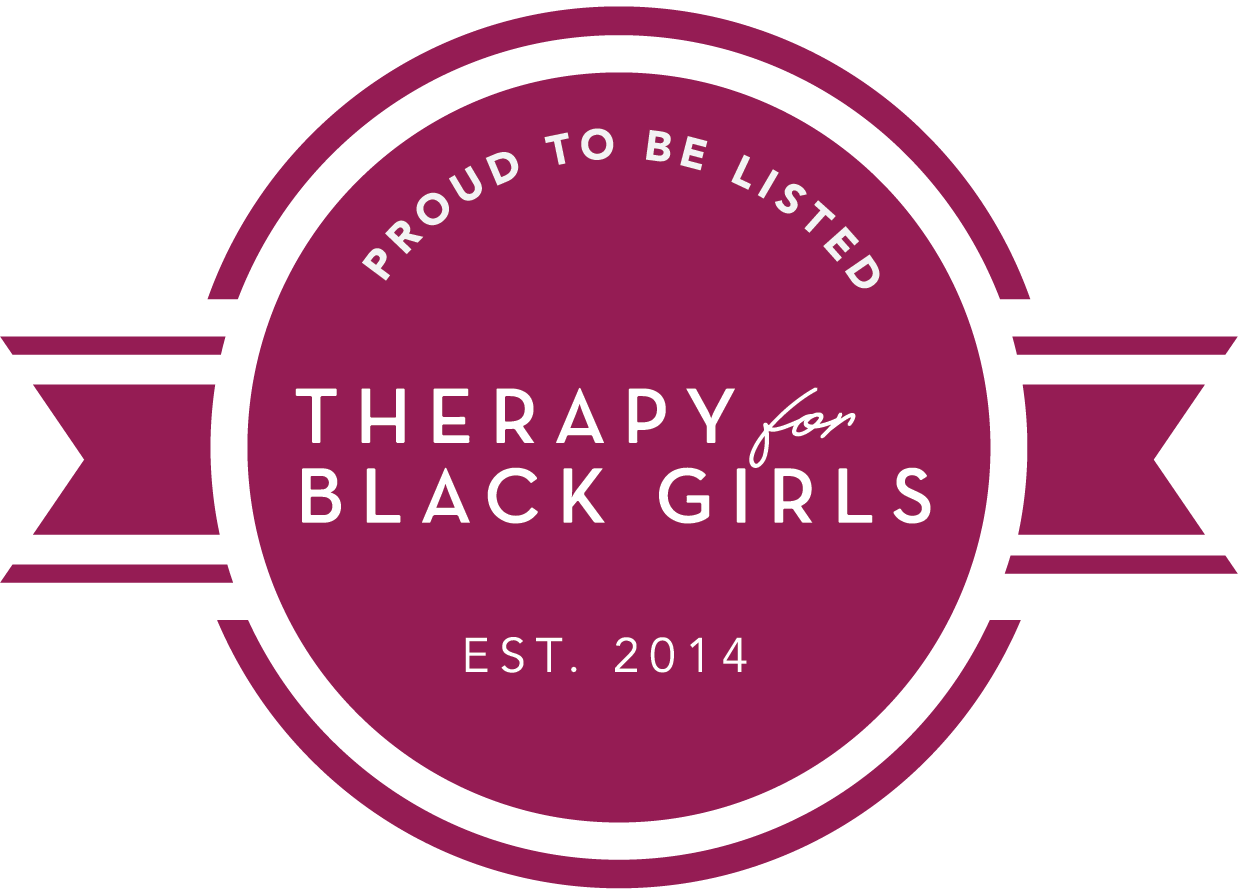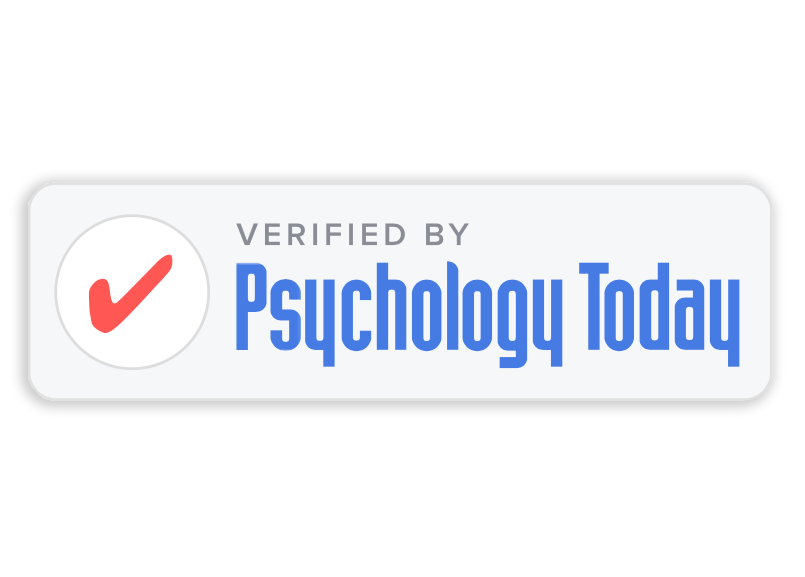Frequently Asked Questions
A number of benefits are available from participating in counseling. Therapists can provide support, problem-solving skills, and enhanced coping strategies for issues such as depression, anxiety, relationship troubles, unresolved childhood issues, grief, stress management, body image issues, and creative blocks. Many people also find that counselors can be a tremendous asset to managing personal growth, interpersonal relationships, family concerns, marriage issues, and the hassles of daily life. Counselors can provide a fresh perspective on a difficult problem or point you in the direction of a solution. The benefits you obtain from counseling depend on how well you use the process and put into practice what you learn. Some of the benefits available from therapy include:
- Attaining a better understanding of yourself, your goals and values
- Developing skills for improving your relationships
- Finding resolution to the issues or concerns that led you to seek therapy
- Learning new ways to cope with stress and anxiety
- Managing anger, grief, depression, and other emotional pressures
- Improving communications and listening skills
- Changing old behavior patterns and developing new ones
- Discovering new ways to solve problems in your family or marriage
- Improving your self-esteem and boosting self-confidence
Medication can be effective, but it alone cannot solve all issues. Sometimes medication is needed in conjunction with counseling. Our work together is designed to explore and unpack the problems you are experiencing and expand on the strengths that can help you accomplish your personal goals.
Not at all. People who ask for help know when they need it and have the courage to reach out. Everyone needs help now and then. In our work together, I’ll help you explore and identify your strengths and how to implement them to reduce the influence of the problems you are facing.
The difference is between someone who can do something and someone who has the training and experience to do that same thing professionally. A mental health professional can help you approach your situation in a new way– teach you new skills, gain different perspectives, listen to you without judgment or expectations, and help you listen to yourself. Furthermore, counseling is completely confidential. You won’t have to worry about others “knowing my business.” Lastly, if your situation provokes a great deal of negative emotion, and you’ve been confiding in a friend or family member, there is the risk that once you are feeling better you could start avoiding that person so you aren’t reminded of this difficult time in your life.
Because each person has different issues and goals for counseling, it will be different depending on the individual. I tailor my therapeutic approach to your specific needs.
Unfortunately, this is not possible to say in a general FAQ page. Everyone’s circumstances are unique to them and the length of time counseling can take to allow you to accomplish your goals depends on your desire for personal development, your commitment, and the factors that are driving you to seek counseling in the first place.
I am so glad you are dedicated to getting the most out of your sessions. Your active participation and dedication will be crucial to your success.
Counseling sessions are confidential and state and local laws protect the content. All personal information collected in association with the web site will only be used for the purpose of providing for the client a safe, therapeutic experience and it will never be distributed or sold to anyone outside of pHaith Coaching & Counseling. Exceptions include suspected incidents of child abuse and neglect, safety, domestic violence, National Security, spouse abuse, homicide, and suicide.



